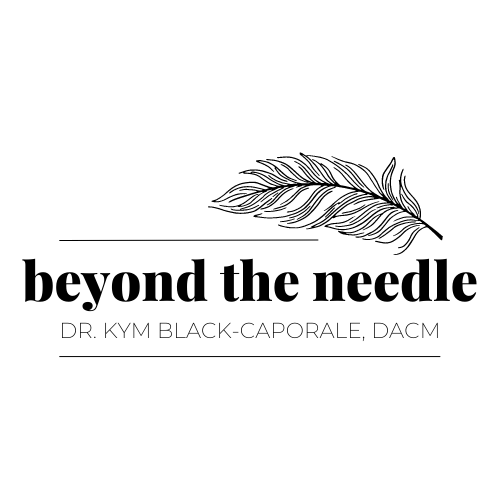Vitamin D3, also known as cholecalciferol, is a crucial nutrient that plays an essential role in maintaining our overall health. While often associated with bone health, Vitamin D3’s benefits extend far beyond. In this blog post, we will delve into what Vitamin D3 is, its numerous health benefits, the consequences of deficiency, and how you can ensure you’re getting enough of this vital nutrient.
What is Vitamin D3?
Vitamin D3 is one of the two main forms of Vitamin D, the other being Vitamin D2 (ergocalciferol). Unlike most vitamins, Vitamin D functions as a hormone, regulating calcium and phosphorus levels in the blood and promoting healthy bone and immune system function. Our bodies naturally produce Vitamin D3 when our skin is exposed to sunlight, specifically UVB rays.
Health Benefits of Vitamin D3
1. **Bone Health**
Vitamin D3 is essential for the absorption of calcium in the gut, which is necessary for the formation and maintenance of strong bones. Adequate levels of Vitamin D3 help prevent rickets in children and osteomalacia in adults. It also plays a role in preventing osteoporosis, a condition characterized by weak and brittle bones.
2. **Immune System Support**
Vitamin D3 is known to enhance the pathogen-fighting effects of monocytes and macrophages, white blood cells that are critical to immune defense. It also decreases inflammation, which can help in managing autoimmune diseases and reducing the risk of infections.
3. **Mood and Mental Health**
There is growing evidence that Vitamin D3 may play a role in regulating mood and warding off depression. Some studies suggest that Vitamin D3 deficiency is linked to an increased risk of mood disorders, including depression and seasonal affective disorder (SAD).
4. **Cardiovascular Health**
Vitamin D3 has been shown to influence heart health by regulating blood pressure, reducing inflammation, and improving overall cardiovascular function. Some research indicates that adequate Vitamin D3 levels may reduce the risk of heart disease.
5. **Muscle Function**
Vitamin D3 contributes to muscle function by improving muscle strength and performance. This is particularly important for older adults, as it can help reduce the risk of falls and fractures.
Sources of Vitamin D3
1. **Sunlight**
The most natural way to obtain Vitamin D3 is through sunlight exposure. Spending 10-30 minutes in the midday sun several times a week can help maintain adequate levels. However, factors such as geographic location, skin pigmentation, and sunscreen use can affect Vitamin D3 synthesis.
#### 2. **Dietary Sources**
While fewer foods naturally contain Vitamin D3, some are excellent sources:
– Fatty fish (salmon, mackerel, sardines)
– Cod liver oil
– Egg yolks
– Fortified foods (milk, orange juice, cereals)
#### 3. **Supplements**
Vitamin D3 supplements are an effective way to ensure adequate intake, especially for individuals who have limited sun exposure or dietary restrictions. These supplements are available in various forms, including tablets, capsules, and liquids. Consult with us for a D3 supplement that comes from a great source and is the real deal.
Recognizing and Addressing Vitamin D3 Deficiency
Vitamin D3 deficiency can lead to a range of health issues, including bone pain, muscle weakness, increased risk of fractures, and a weakened immune system. It is diagnosed through a blood test measuring the level of 25-hydroxyvitamin D. We can help you with getting the script for blood work and then getting you on the correct dosage.
Vitamin D3 is a powerhouse nutrient with far-reaching health benefits. By understanding its importance and ensuring adequate intake through sunlight, diet, and supplements, you can support your bone health, immune function, and overall well-being. Don’t underestimate the power of this essential vitamin—make it a priority in your health regimen.
Stay informed, stay healthy!







